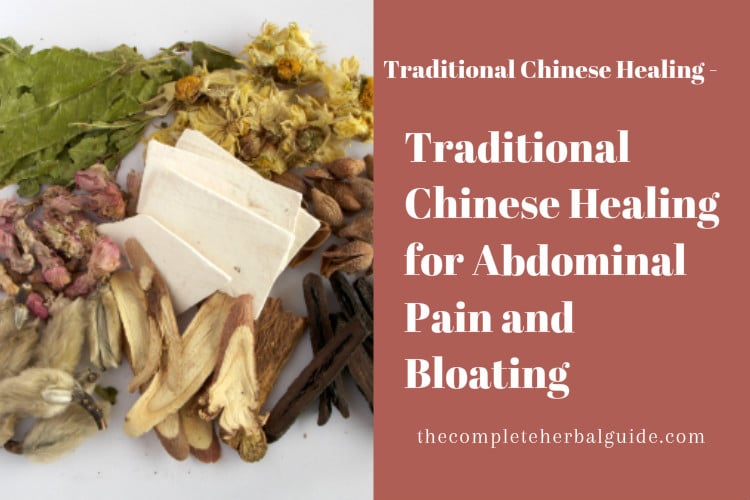
How to Finally Say Goodbye to After-Eating Bloating
Eat a delicious meal, sit back, and feel full? Only to then keep feeling full, to the point of pain, hours later? Gas and bloating can be incredibly painful and can even interrupt key moments of your day, like work or sleep. If you’re too focused on the fact that your insides are in a twist, then you won’t be able to enjoy your day.
Feeling bloated and gassy may not seem like a health concern, but it is. Just because you can grin and bear it does not mean you have to. Instead, you will want to use this guide to help you finally identify what and why you get bloated and then take the key steps to stop it outright.
Table of Contents
What causes bloating, and how do you stop it?
What Causes Bloating?
Bloating can be caused by several factors, including:
Health Problems
Certain digestive conditions will cause bloating and gas, no matter what. Improving your gut health and diet, however, can minimize symptoms to help you lead a more comfortable life. One of the most common chronic issues is irritable bowel syndrome (IBS).
Bloating can also be due to issues such as ovarian cancer, gastroparesis, and hernias. If you suspect any of these may be the case, going to a medical professional is necessary.
How You Eat
Your eating habits can actually cause bloating. Eating or drinking too quickly can result in ingesting air. The same thing happens when you drink carbonated beverages. The result is that you have air in your stomach, which will fill up your body and make you feel bloated. The good news is that you’ll likely burp very quickly, and that will relieve your bloating.
Food Intolerances
Some people may experience bloating after consuming certain foods, such as dairy products, beans, and cruciferous vegetables. If you suspect you may have a food intolerance, it’s important to test foods one at a time. This way, you can narrow down what the issue is and then understand why.
Constipation
When stools build up in the colon, they can cause bloating and discomfort. Eating more fiber or using an over-the-counter medication can help relieve bloating and constipation.
Hormonal Changes
Fluctuations in hormones during the menstrual cycle or menopause can cause bloating. This is perfectly natural, and a healthy diet that uses probiotics and digestive enzymes can help ease those symptoms.
How to Identify What Causes You to Bloat
Everybody is different, so it’s important to take your own journey to identify what is causing you to bloat. For most, however, the key causes of bloating and gas are a combination of diet and gut health.
While it may seem like gut health shouldn’t be your concern, it’s actually where you need to focus first. The stomach and digestive system are a complex ecosystem of bacteria, fungi, and even viruses. This may sound like a disaster waiting to strike, but it’s not. Those microorganisms are actually on your side, so long as they’re all balanced out.
Balance, digestive issues like bloating and gas can happen. Working to improve your gut health by using these tips can then help you digest food more efficiently. If you’re lucky, these tips will help you take care of your bloating once and for all. If not, then you’ll need to identify what in your diet is causing issues.
How to Stop Bloating
Unless the bloating is caused by a health condition, you should be able to stop bloating by improving your gut health, slowing down your eating, and adjusting your diet.
Use Probiotics, Prebiotics, and Digestive Enzymes
You can order probiotics online and get started with improving your gut health. Probiotics are full of live bacteria that are important for your digestive health. If you have an imbalance in your gut, your body isn’t going to be able to properly digest food or get as much out of what you eat. Probiotics, prebiotics, and digestive enzymes can all help you digest more efficiently.
This means the food will break down faster and more easily, which can reduce bloating after you eat. These probiotics also exist in your digestive tract and work to improve the nutrient absorption of the food you eat as it passes through—all of these work to help you get more out of your diet without excessive bloating.
Stop Eating Foods You’re Intolerant To
While some foods naturally produce more gas (like beans), the real issue you need to focus on is the foods you are intolerant to. Many have minor intolerances that cause annoying symptoms like gas and abdominal pains. In some cases, you may not feel overly bloated but still, experience negative symptoms like flare-ups in your acne.
It’s important to test yourself. Go one week without eating any dairy, for example, and take note of your skin, your gut, and even how you feel. It takes a while to see the full range of benefits and effects when it comes to a diet change, so giving yourself a week is a decent timeframe to start with.
In general, you should also limit the number of processed foods and refined sugars you consume. These are what cause imbalances in your gut in the first place, and they also offer very little nutritional content. If you frequently drink carbonated beverages, for example, stopping that will immediately stop bloating caused by air in your stomach.
Boost Your Diet
Finally, it’s time to talk about what you eat. In terms of boosting your diet quickly, focus on foods high in fiber. Fiber is great for digestion and gut health, and it’s a good place to get started with dietary changes. Note that fiber isn’t just found in whole grains. You can also find it in legumes, fruits, and vegetables. This way, you can increase your fiber throughout the day by adding or swapping out ingredients per meal. Green leafy vegetables and fermented foods are also good options to help you improve your gut health and overall diet.






